Summaries of books by Tom Holland:
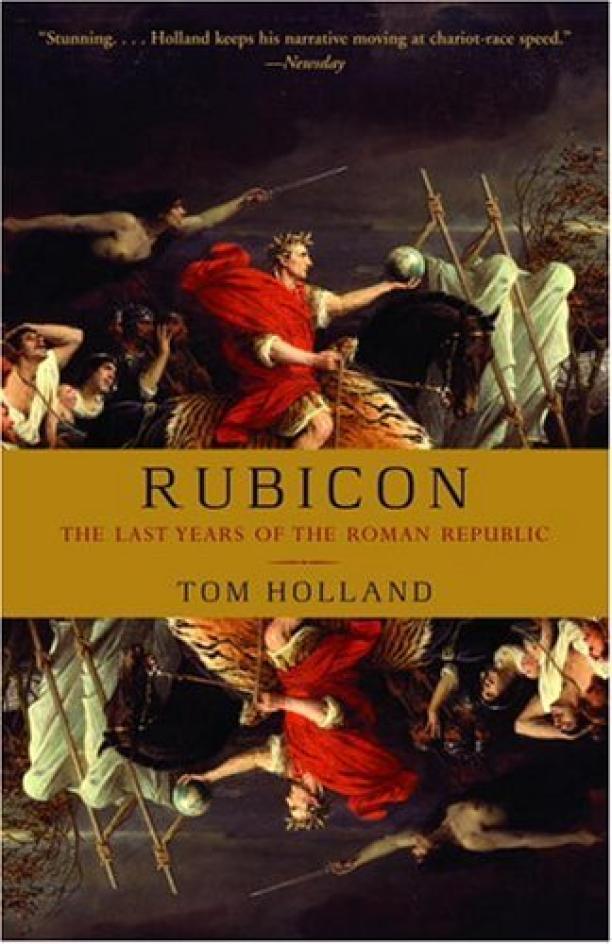
Rubicon
The Last Years of the Roman Republic
Tom Holland
The book chronicles the tumultuous period leading up to the fall of the Roman Republic, detailing the rise of key figures like Julius Caesar, Pompey, and Cicero, and the political machinations that led to the end of republican governance. It delves into the social, military, and political events of the era, culminating in Caesar's crossing of the Rubicon River, which marked a point of no return for Rome's political landscape.
See full summary
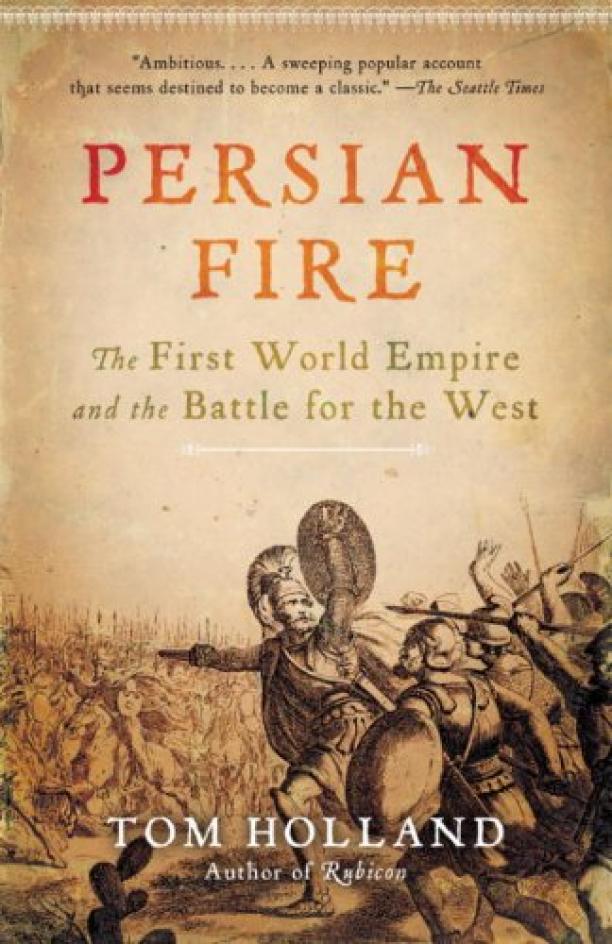
Persian Fire
Tom Holland
The book presents a history of the Greco-Persian Wars, focusing on the rise of the Persian Empire under Cyrus the Great and its eventual clash with the city-states of Greece. It delves into the cultural, political, and military aspects of the conflict, highlighting key figures and battles such as Marathon, Thermopylae, and Salamis.
See full summary
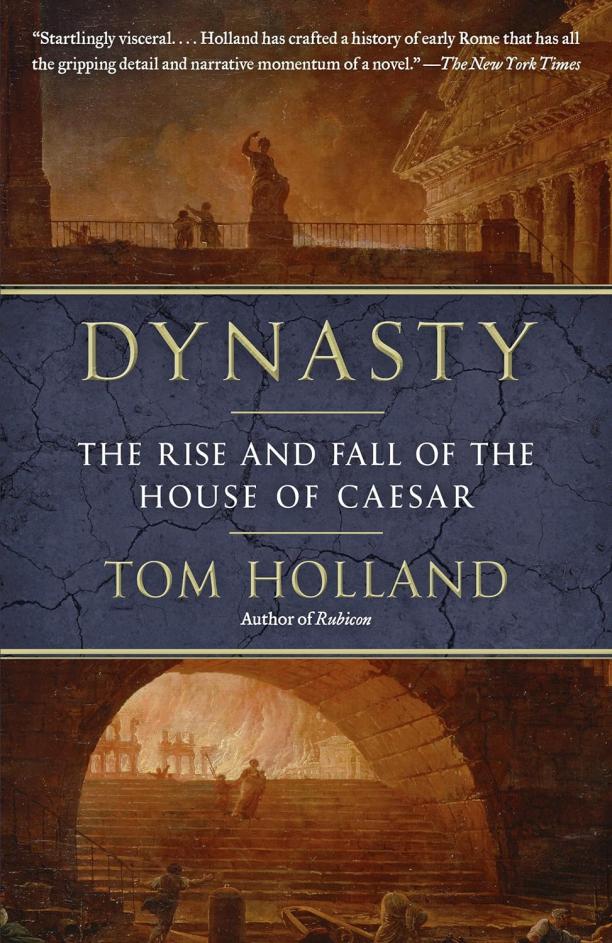
Dynasty
The Rise and Fall of the House of Caesar
Tom Holland
The book delves into the history of Rome's first imperial dynasty, chronicling the lives, politics, and scandals of the Julio-Claudian emperors, from Julius Caesar's ascent to Augustus's establishment of the empire, through to the decline and eventual downfall with Nero. It explores the complex interplay of personalities, power struggles, and cultural shifts that defined the era and shaped the trajectory of Roman history.
See full summary
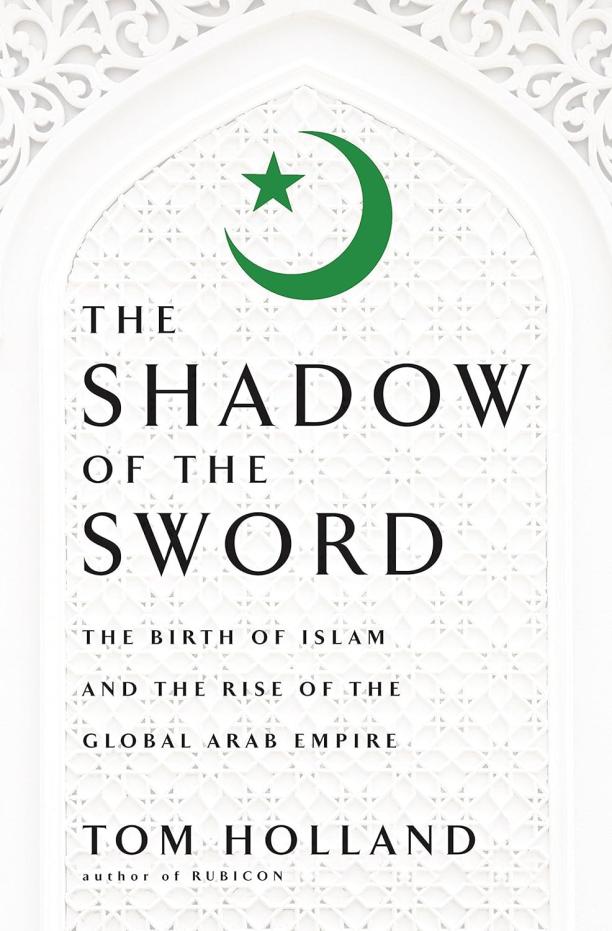
In the Shadow of the Sword
The Birth of Islam and the Rise of the Global Arab Empire
Tom Holland
The book delves into the origins and early expansion of Islam, examining historical and religious contexts of the 7th century. It explores how the Arab Empire rose to prominence, reshaping the political and religious landscape of the time.
See full summary
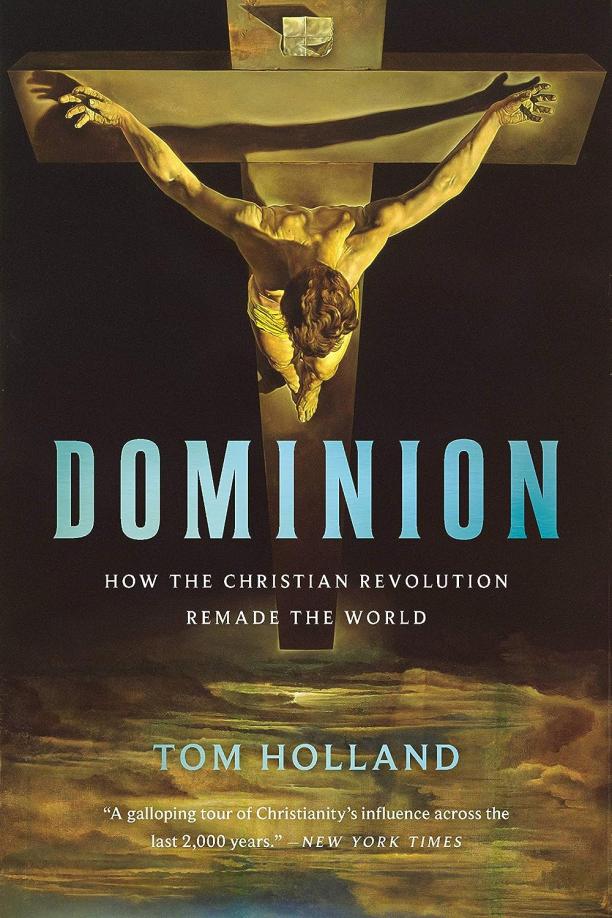
Dominion
How the Christian Revolution Remade the World
Tom Holland
The book explores the profound influence of Christianity on Western civilization, tracing its impact on morals, laws, and human rights. It argues that many contemporary values, such as the belief in equality and the sanctity of life, have deep roots in Christian doctrine and history.
See full summary